Chelsea have it all to do after being held by Spurs at Stamford Bridge; Di Matteo’s side up against it in race for fourth

During the silverware-laden Mourinho years, statements declaring the riches of Roman Abramovich have made for a poor team would have been raucously laughed off. Four managers later, the assertion doesn’t seem funny at all.
One would assume a billionaire knows a good investment when he sees one. One would also assume the same billionaire would know how to delegate when required to. Having failed on both counts in recent years, betraying the intelligence and foresight that have seen him accrue an empire of wealth, Roman Abramovich would be best advised to assume one position and one position only: the role of the non-intruding chairman.
It has been all too easy to chastise the Blues’ Russian leader in recent years, and while he does deserve to shoulder a fair share of the blame, it would also be wise to remember that his pockets, determination and vision have made the club what it is. He has forever changed the trajectory of British football and that should not be underestimated by pundits and punters, or undermined by his missteps.
But there have been missteps. It would be unproductive to squabble and bicker about who’s responsible for Chelsea’s poor season. While it would be useful to highlight problem areas, the best way to deal with the issues plaguing the club is to acknowledge them.
The Blues are a side of diminishing quality eroded by age. The legs, muscles and limbs of the Lampards, the Terrys and the Drogbas aren’t as springy, resolute or durable as they once were. Analysing the performances of all three players – once Chelsea’s most important players – it is clear that they aren’t as effective as they once were. They aren’t defending, providing or attacking as consistently as they used to.
While many would suggest they be immediately disposed of, perhaps it would be more advisable to utilise them calculatedly or even, sparingly. Harkening back to the days of Mourinho, a look at Chelsea’s weekly team-sheet would provide for illuminating reading. Perusing the starting line-ups selected by Mourinho would point to how gifted players over the age of 30 should be used, particularly with reference to a certain number four: Claude Makelele. The diminutive Frenchman was used sparingly but crucially, called up to the starting eleven in key big game battles. The veteran defensive midfielder was spared against lesser teams, especially when the emphasis was on attack.
Rather than sell Drogba, Lampard or Terry, Chelsea should look to deploy them in limited, match-specific roles tailor-made for their involvement. However, this is easier said than done, as top players so used to rescuing their team and being the fulcrum of their side’s efforts, will be unwilling to vacate their positions as starters. Just ask Andre Villas-Boas. Pointing out Chelsea’s aging problem is easy, tending to it is another matter. While the average age of the squad at Stamford Bridge is clearly an issue, what appears to be even more concerning is the lack of technical quality at the club.
The Blues do not lack for experience, they have plenty of brawn and lots of know-how. What they are missing, though, especially when compared to their rivals, is ability on the ball. In Juan Mata and Daniel Sturridge, Chelsea possess two of the most exciting players in the league. However, having two players who can manipulate the ball, dribble, create space, and string a pass is not nearly enough. Ever since the loss of Damien Duff and then Arjen Robben, the Blues have lacked width, pace and cutting edge. Increasingly, as the years have gone by, this has proven detrimental, depriving Chelsea of extra dimensions. Watching Di Matteo’s side against Tottenham, trudging through first gear, appearing slow, anaemic, and cumbersome, it was all too clear to see that they lacked quality wingers.
Daniel Sturridge was the only player in blue who boasted any degree of pace, but Chelsea struggled to get him on the ball, emphasising the nature of problems elsewhere. Where Manchester United have Paul Scholes and Michael Carrick, Manchester City – Yaya Toure, Samir Nasri and David Silva – Chelsea lack intelligent, creative midfielders technically equipped to open a defence. Michael Essien, Ramires, and Raul Meireles provide the side with the defensive, box to box enforcers and patrollers required of a top team, but even quality players such as these need to be balanced and offset by the fast and forward-thinking braniacs known as playmakers.
Some might point to Frank Lampard and suggests he plays that role, but Lampard is more suited to supporting and finishing a move than creating one. Of course, he has the ability to do so, but for Lampard to arrive late in the box as devastatingly as he does, he requires a deeper lying ball player to influence the game, pull the strings and dominate midfield. The problem for Lampard is, in Mata, Chelsea possess a technically superior number ten. The Spaniard has been deployed on the wings to make room for Lampard, but for Chelsea to tick as quickly as they would like, a decision has to be made, employing one of the two behind the focal point of the frontman.
Defensively porous and offensively poor, Chelsea aren’t just struggling up front, ineffectively led by two profligate high profile strikers. They are also floundering at the back. There is a desperate need for a stable, reliable centre back pairing and a new right back is a must. Neither Jose Bosingwa or Paulo Ferreira, in his 30s, possess the defensive nous to protect their central defensive partners and support their wingers at the same time.
With a seemingly unending list of problems, Chelsea, of all the non-Manchester teams in the fight for the top four, have the most work to do. Liverpool, though likely to finish seventh, have a manager, and that is more than you can say for Chelsea. Under Dalglish, regardless of the criticism directed his way in recent months, Liverpool have a coach with a vision, and owners with a plan. There is a project underway at Anfield that has a consistency of approach that couples youth development and aggressive recruitment, with philosophy of play. The same cannot be said for Chelsea.
Arsenal’s self-sufficient approach, even in the face of big spending competitors, has and will prove successful, and Tottenham are improving by the year. Newcastle, it seems, might finally be waking up.
Chelsea need a shake-up. Who will administer it, if it will be administered, remains a pressing issue. It will take a considerable amount of courage and ambition to transform Chelsea’s fortunes, but in Roman Abramovich, they have a man with a big enough fortune to do just that.
Leke Sanusi

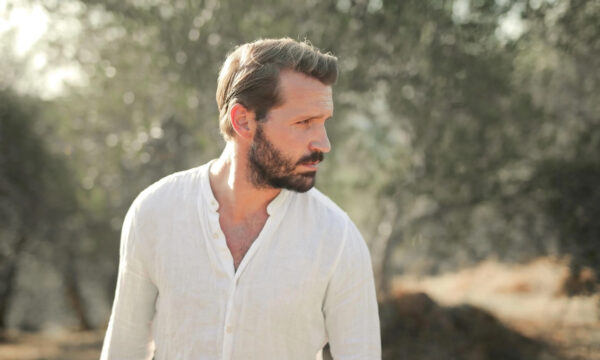
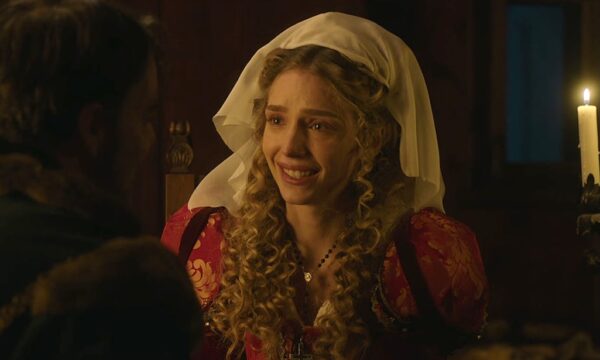


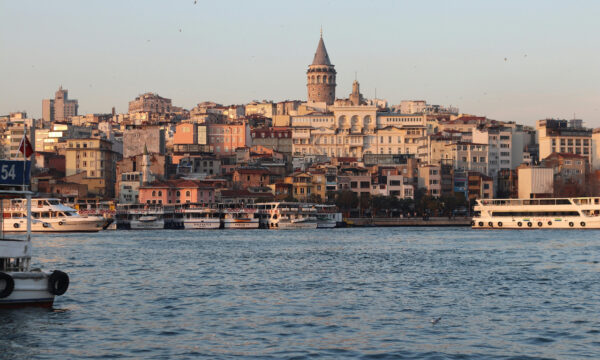

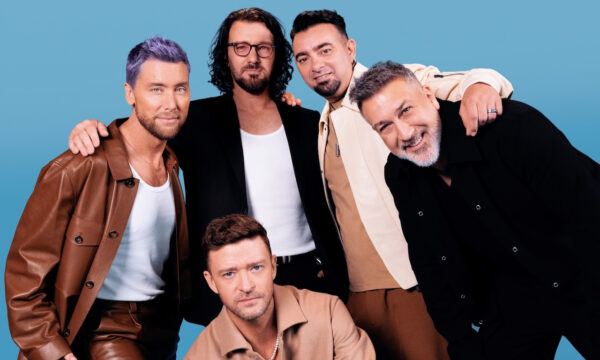
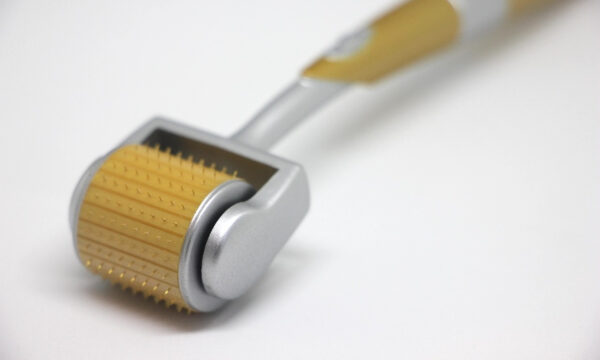
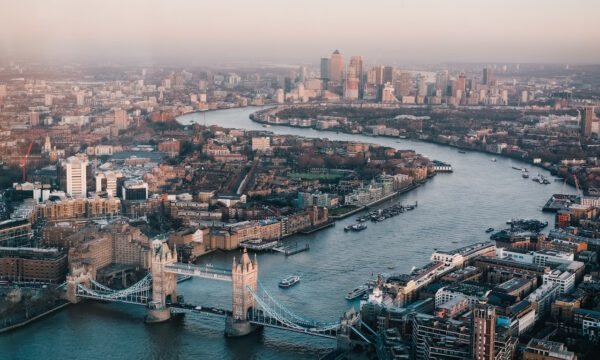
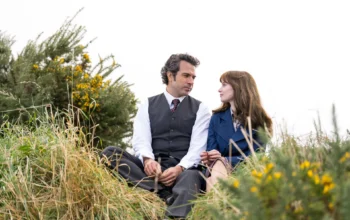

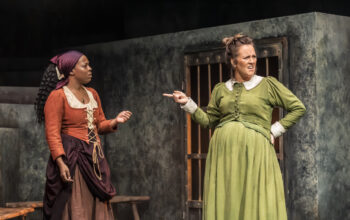


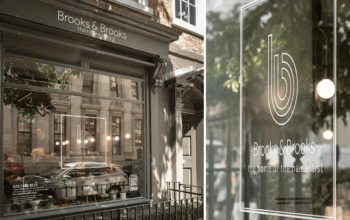








Facebook
Twitter
Instagram
YouTube
RSS